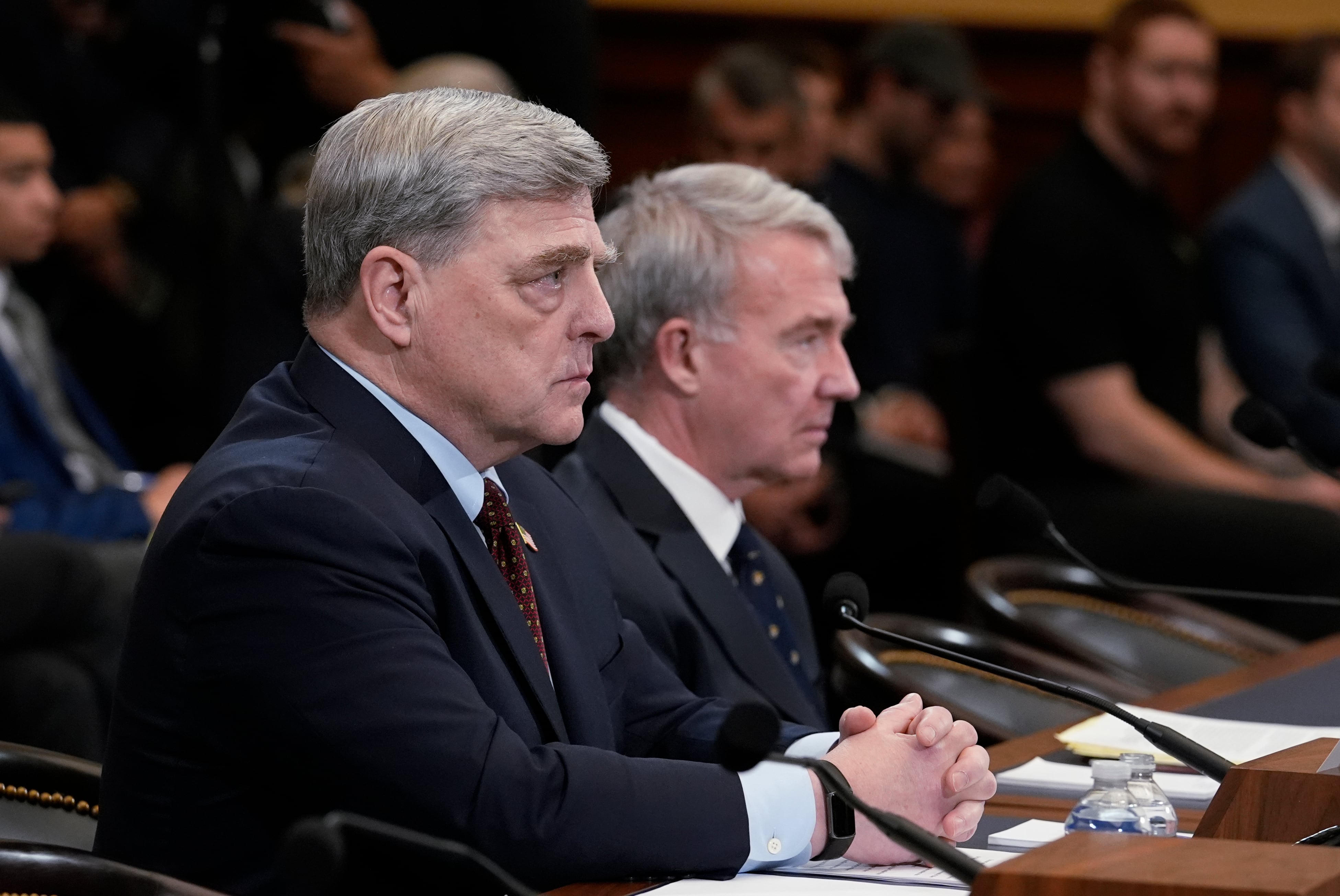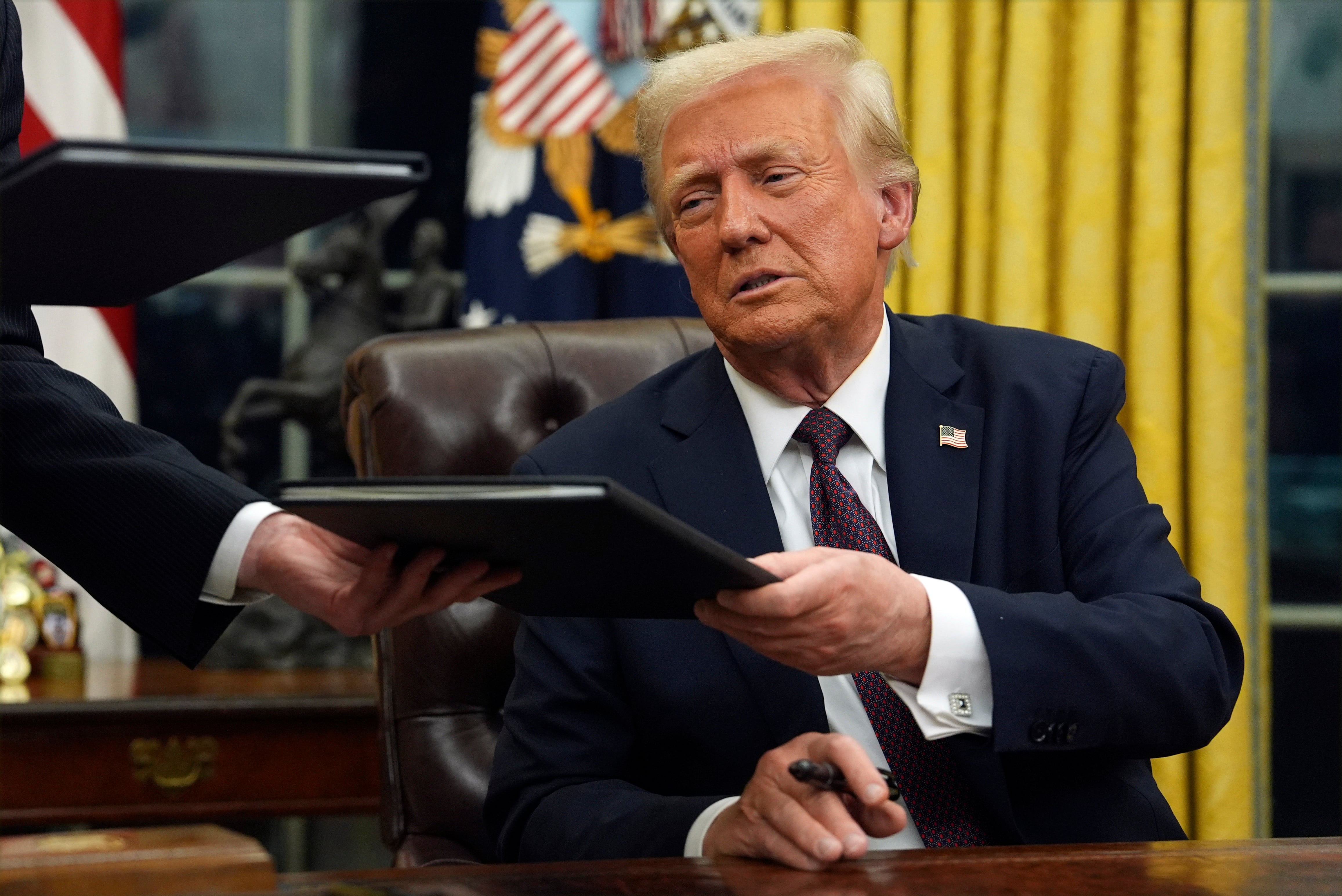source GAIA package: Sx_MilitaryTimes_M6201410303220030_5675.zip Origin key: Sx_MilitaryTimes_M6201410303220030 imported at Fri Jan 8 18:18:15 2016
More Marines will be tapped to deploy south of the border as their Mexican counterparts look toward expanding the training mission between the two militaries, building on their recent successes in counter-narcotics operations.
Small teams of Marines have been regularly deploying to Mexico since October 2012 as part of the reserve component's Security Force Assistance Training Teams.
Members of 4th Reconnaissance Battalion led the mission for a year, rotating teams to the Yucatan Peninsula in southern Mexico for about two months at a time, according to a recently published newsletter from the Marine Corps Center for Lessons Learned.
Now those commitments could expand as the Mexican government and its marines consider accelerating the mission, the newsletter states.
"Mexican and [U.S. Northern Command] military officials enjoy collaborative relationships, based on trust and confidence, which are critically important to future cooperation and mutual support," said Lt. Cmdr. Bill Lewis, a NORTHCOM spokesman. "We have established a firm foundation for cooperation and this foundation will continue to benefit both our countries for many years ahead."
Mexican marines have been essential to the fight against drug cartels that infiltrated the nation's institutions and contributed to widespread corruption. They've taken down several high-ranking targets, like Nazario Moreno Gonzalez, leader of the Knights Templar cartel, who they killed March 9. Weeks earlier, the marines captured Joaquin "El Chapo" Guzman, who experts called the world's most wanted drug lord.
As Mexican marines stepped up to that fight, the training missions with the Marine Corps has "evolved to include increasingly advanced training programs," the newsletter states.
Marine Corps Times sought interviews with members of 4th Recon who have deployed to Mexico to train the marines, but none was available. Marine Corps Forces North referred the query to NORTHCOM, which sought approval from the Mexican embassy to discuss the mission, but the query was not approved by press time.
Lt. Gen. Richard Mills, commander of MARFORNORTH, told Marine Corps Times last year that maintaining the partnership with the Mexican marines was one of his top priorities. They were focused on helping the marines expand the capabilities and skills needed in the counter-drug fight.
"We work with them on close-quarter combat," Mills said. "All those sorts of skills you'd need to be in a fight against a pretty well-armed, criminal, rogue element within the country."
There are mutual benefits to expanding the program, said Dakota Wood, a retired lieutenant colonel and senior research fellow for defense programs at the Heritage Foundation, a Washington think tank. Marines deploying to Mexico can help the local military stamp out corruption and serious problems that reach U.S. borders, he said. And the positive interaction between the two services can be a conduit to open up relationships in other areas, he added.
"It's a relatively small investment in time and money against a very big problem," Wood said. "About $35 billion courses through the drug cartel network, so it's a huge problem with very violent organizations. If you can have the Mexican navy, marine corps or army assist in combating that, the United States takes that is a win too."
Most of the Marines who deployed with 4th Recon were fluent in Spanish, according to the newsletter, and Wood said that's likely to continue.
"You're wanting to make this as easy and effective as possible given the time that you have," he said. "If you can overcome a language barrier by using Spanish speakers instead of having to do something through translations, that's always better."
Mexican marines are also likely to continue seeking training from infantry Marines because that force going after cartels is not getting into aviation or supply training, Wood said. Instead, they're likely looking for training packages that include small-unit tactics, patrolling, marksmanship training and basic troop-leading, he said.
"It makes perfect sense understanding the culture that you're dealing with to have U.S. Marine infantrymen — perceived as the war fighter — interacting with them," Wood said.■





